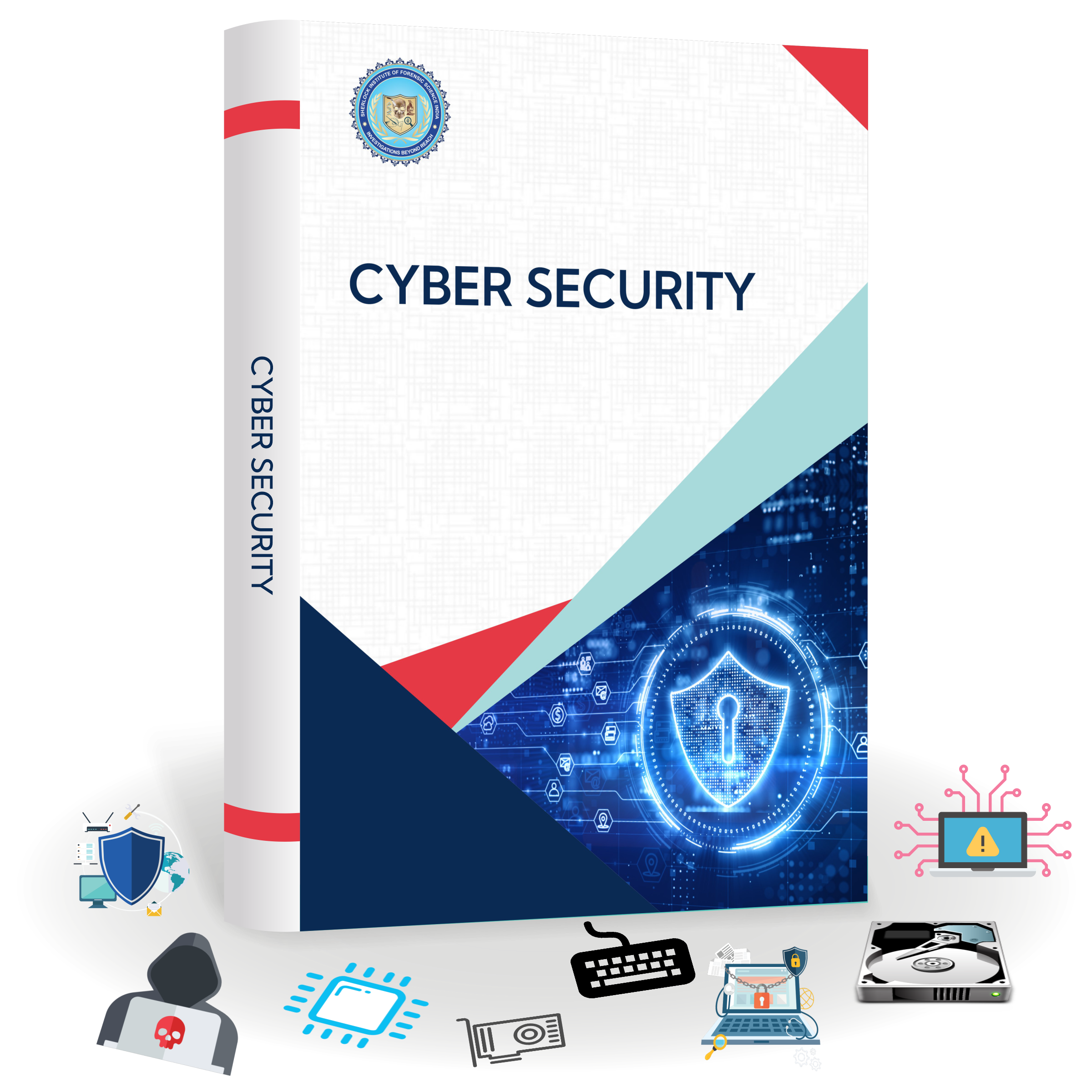MODULE 1 – INTRODUCTION TO CYBER SECURITY
In this module, you will learn about the significance of cyber security in today's digital scenario, cyber security history and evolution, and its role in dealing with modern cyber threats. The module also covers several job roles the cyber security sector offers and the growing need for skilled professionals. You will also gain insights about various security models and frameworks as tools for designing and implementing relevant cyber security measures in organizations.
MODULE 2 – THREATS AND ATTACKS
This module provides an overview of types of cyber threats and attacks, like social engineering that manipulates the human mind, malware and virus attacks that infect systems, and Advanced Persistent Threats (APTs) that are highly targeted. You will also learn about the extreme rise in ransomware and other extortion attack numbers and methods used by cyber criminals to extract sensitive data from individuals.
MODULE 3 – NETWORK SECURITY
This module explores ways to secure computer networks, network architecture and protocols for secure data transmission, and security measures like firewalls that combat unauthorized access, Intrusion Detection Systems (IDS) that supervise network traffic for inconsistencies, and Virtual Private Networks (VPN) to establish secure internet connections. You will also learn about wireless security considerations and Denial of Service (DoS) attacks, along with ways to minimize their impact on network performance.
MODULE 4 – WEB APPLICATION SECURITY
In this module, you will learn how to safeguard web applications, common web application vulnerabilities (SQL injection and cross-site scripting (XSS) attacks), and the use of Web Application Firewalls (WAFs) to protect against malicious traffic. The module also explores secure Software Development Lifecycle (SDLC) and methods to carry out security testing to identify and address vulnerabilities during the development process.
MODULE 5 – OPERATING SYSTEM SECURITY
This module covers the basics of computer operating systems, the need to protect the core software components, and techniques for hardening operating systems to oppose attacks and vulnerabilities. You will also learn the significant role patch management plays in keeping systems up-to-date with security fixes, malware and anti-malware solutions, and the challenges involved in securing mobile operating systems.
MODULE 6 – IDENTITY AND ACCESS MANAGEMENT
This module focuses on safeguarding digital identities, regulating access to systems, user authentication and authorization, and Identity and Access Management (IAM) systems providing centralized control over user identities and their access rights. You will also learn about the benefits of Single Sign-On (SSO) solutions for simplifying authentication across multiple applications. Advanced concepts like Federated Identity Management and Identity Governance and Administration (IGA) to manage identities across organizations will also be taught.
MODULE 7 – DATA PROTECTION
This module focuses on safeguarding sensitive information, data classification and sensitivity, categorization and prioritization of data based on its importance and confidentiality, and methods of data encryption and decryption to maintain data confidentiality during storage and transmission. You will also explore Data Loss Prevention (DLP) strategies, data backup and recovery procedures to make data available in case of attack, and privacy and data protection laws and standards.
MODULE 8 – CYBER SECURITY INCIDENT RESPONSE
In this module, you will learn about developing and implementing a Cyber Security Incident Response Plan (CSIRP), steps to follow while responding to cyber incidents, and incident response frameworks to manage incidents efficiently. The module also covers techniques to investigate and analyze cyber attack incidents, malware analysis and reverse engineering to mitigate threats, the need for post-incident review, and formulating improvement strategies to prevent future incidents.
MODULE 9 – COMPLIANCE AND REGULATIONS
This module explores cyber security regulatory frameworks, an examination of the General Data Protection Regulation (GDPR) and its impact on data protection and privacy practices, the Payment Card Industry Data Security Standard (PCI DSS), and the Health Insurance Portability and Accountability Act (HIPAA) to safeguard healthcare information. You will also learn about the Federal Risk and Authorization Management Program (FedRAMP) for securing government information systems, along with compliance requirements.
MODULE 10 – CLOUD SECURITY
This module covers ways to secure cloud environments, cloud deployment models (public, private, and hybrid clouds), security risks associated with cloud computing, and cloud security controls and best practices to safeguard data and systems. You will gain knowledge about the need to align cloud practices with industry regulations and conduct security assessments of cloud providers to ensure cloud-based asset safety.
MODULE 11 – SECURITY OPERATIONS
This module covers the management and maintenance of a secure operational environment, the Security Operations Center (SOC), and Security Incident and Event Management (SIEM) systems to identify and mitigate security incidents. You will also learn about threat intelligence (staying updated with emerging threats), vulnerability management (initial vulnerability assessments), and security analytics and monitoring (continuous surveillance for protection against evolving security threats).
MODULE 12 – ADVANCED CYBER SECURITY CONCEPTS
In this module, you will learn about Advanced Persistent Threats (APTs), Red Teaming and Purple Teaming methodologies (initial assessment and collaborative security testing), and Zero Trust Architecture (moving from traditional perimeter-based security). The module also covers the role of artificial intelligence (AI) and machine learning (ML) in cyber security and blockchain's ability to enhance data integrity and secure transactions.



